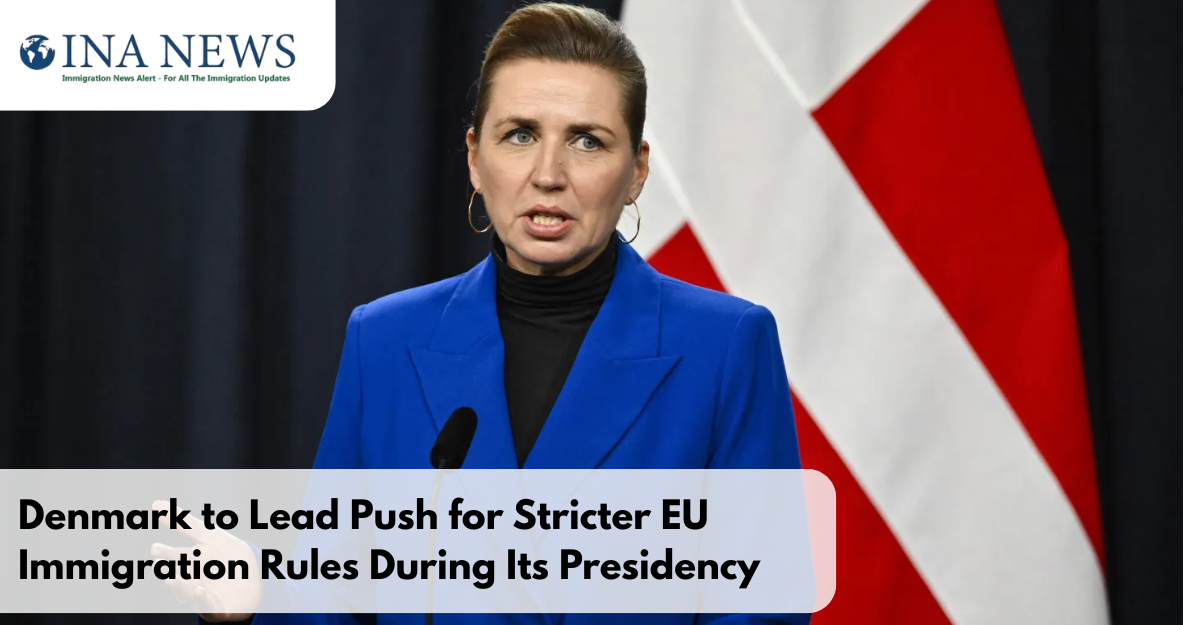In a bold and controversial move just weeks before a national election, Portugal’s caretaker government has announced it will expel approximately 18,000 undocumented foreign nationals from the country. The announcement was made by Minister of the Presidency António Leitão Amaro on Saturday, triggering strong reactions from both political opponents and human rights organizations.
According to Amaro, the initiative will begin immediately, with 4,500 individuals receiving formal notices in the coming days, instructing them to leave the country voluntarily within 20 days. The remaining undocumented individuals will be notified in stages. These expulsions target migrants who are residing in Portugal without legal status and have not regularized their stay under existing immigration programs.
Government’s Justification: “Restoring Legal Order”
Minister Amaro defended the decision by framing it as a legal and administrative necessity. “Portugal must uphold the rule of law and ensure immigration happens in an organized and legal way,” he stated during a televised briefing. He further explained that the current deportation system is inefficient and must be restructured to handle rising irregular migration.
Officials claim that the operation is not politically motivated but rather a long-overdue enforcement of immigration law. However, the scale and timing of the announcement suggest broader political considerations at play.
Election Pressure and Political Context
This mass expulsion effort comes as the country prepares for an early general election on 18 May 2025, called after the minority government led by Prime Minister Luís Montenegro of the centre-right Social Democratic Party (PSD) lost a parliamentary confidence vote in March. Now acting as a caretaker, the PSD faces rising pressure from both the opposition and far-right challengers.
The far-right Chega party, which has based much of its platform on anti-immigration rhetoric, has welcomed the announcement. Chega finished third in the 2024 election and has been gaining momentum, especially among voters who blame migrants for rising housing costs and pressure on healthcare and public services.
Opposition, Industry, and Human Rights Concerns
Pedro Nuno Santos, leader of the Socialist Party, has voiced strong opposition to the plan, warning that mass deportations could severely damage Portugal’s reputation abroad and create labour shortages in critical sectors such as agriculture, construction, hospitality, and domestic services.
Several business associations and human rights organizations have echoed these concerns. Critics argue that the sudden removal of thousands of undocumented workers, many of whom are economically active and integrated, may disrupt industries already struggling with workforce shortages. Additionally, there are fears that the plan lacks sufficient safeguards to assess humanitarian cases or provide support for voluntary returnees.
Legal and Administrative Hurdles Ahead
Legal experts have pointed out that each expulsion order can be appealed, potentially leading to thousands of legal challenges that could overwhelm Portugal’s administrative courts. The country’s legal system is already under strain, and implementing such a large-scale operation may prove difficult in practice.
Moreover, observers note that some undocumented migrants have lived in Portugal for years, contributing to the economy while waiting for residence permits or temporary work authorizations that never came through due to bureaucratic delays.
A Pivotal Election Issue with Lasting Impact
Immigration has become one of the defining issues of this election cycle in Portugal, reflecting broader European trends. With this announcement, the PSD appears to be sending a strong message to conservative and centrist voters who favour stricter immigration control.
However, the backlash from rights groups, labour advocates, and opposition parties could also mobilize left-leaning and younger voters ahead of the May 18 polls. Whether seen as law enforcement or political theatre, the fate of 18,000 undocumented migrants now looms large over what is expected to be one of Portugal’s most contentious elections in years.






